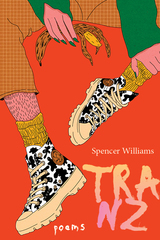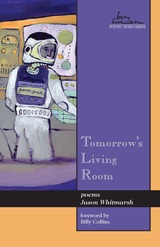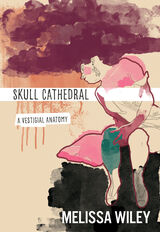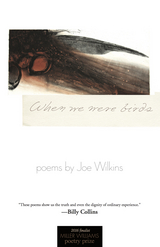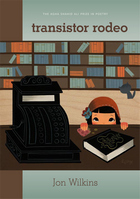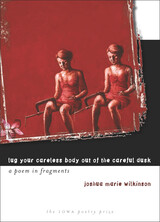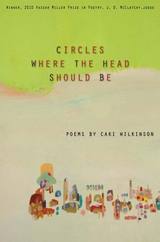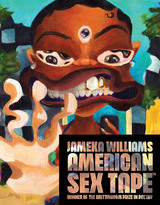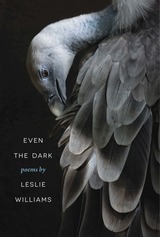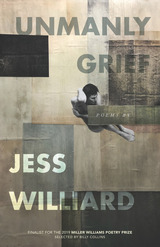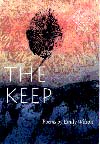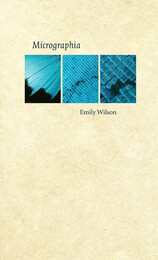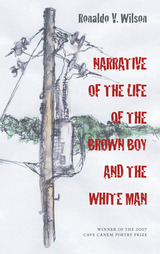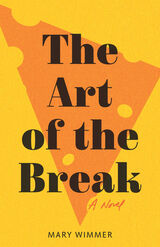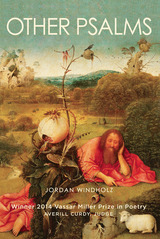TRANZ
Four Way Books, 2024
eISBN: 978-1-961897-17-5 | Paper: 978-1-961897-16-8
Library of Congress Classification PS3623.I56357T73 2024
Dewey Decimal Classification 811.6
eISBN: 978-1-961897-17-5 | Paper: 978-1-961897-16-8
Library of Congress Classification PS3623.I56357T73 2024
Dewey Decimal Classification 811.6
ABOUT THIS BOOK | AUTHOR BIOGRAPHY | REVIEWS
ABOUT THIS BOOK
In her debut collection TRANZ, Spencer Williams writes equally riotous and vulnerable poems, penning a love letter to trans people and their audacity to exist in a world that constantly endangers them structurally and individually. Her blistering lyrics and acerbic wit never flatten her subjects but rather filet normative hypocrisy to reveal unspoken truths. The radical poetics of TRANZ is a celebratory self-becoming. Because of Williams’ subversive genius and lyrical grace, every indictment is also a declaration of triumph, a reminder that the ever-dynamic trans identity endures despite, not through, its opposition to an antagonistic cultural discourse. In every place, in every time, trans people are enduring. Extant. “on the milk carton. on the public access/television. everywhere i go i am there so brutally.”
See other books on: American | Hispanic & Latino | LGBTQ+ | Poetry | Women Authors
See other titles from Four Way Books
